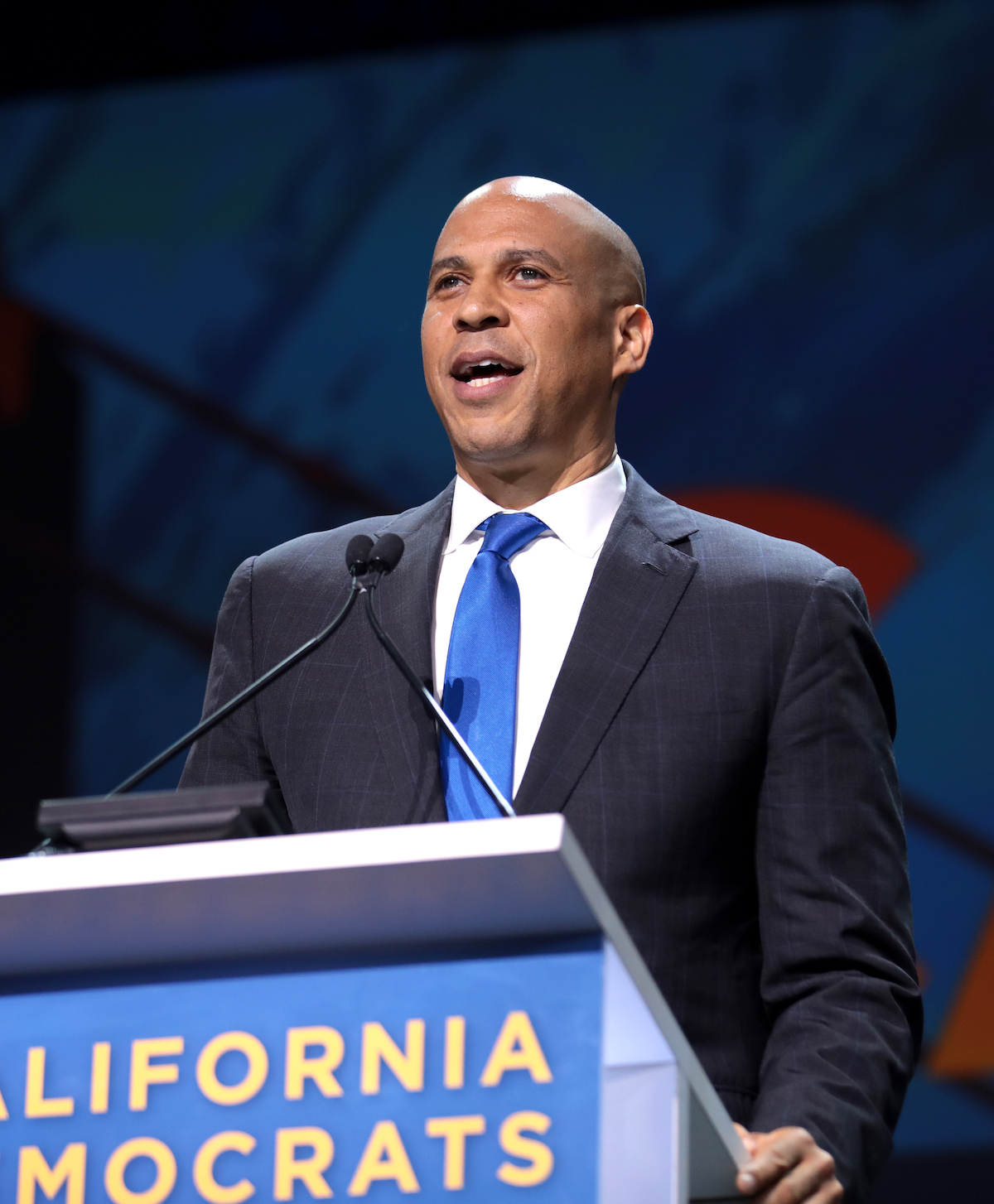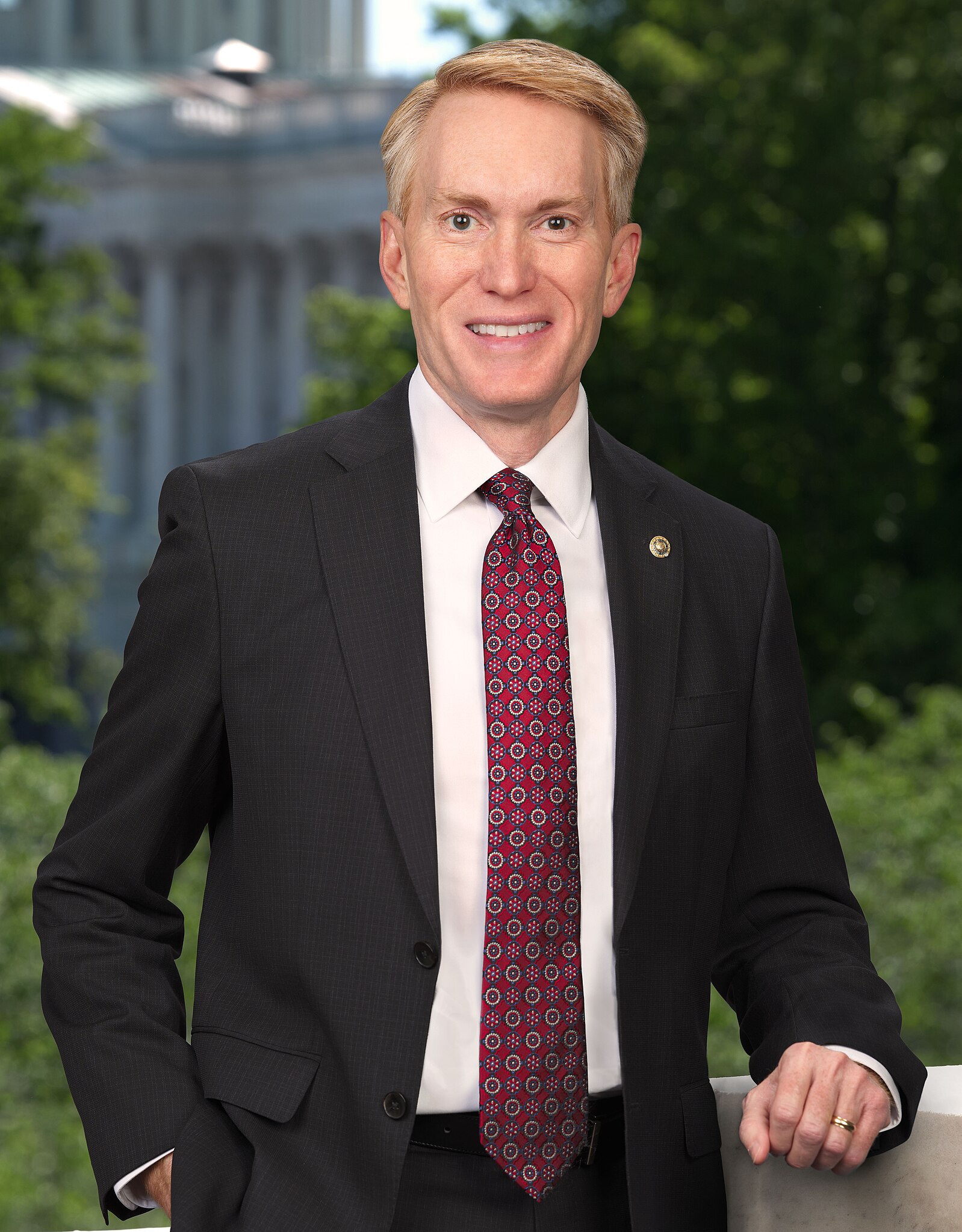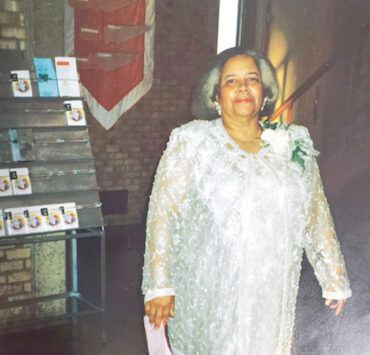
TALK OF GREENWOOD
Dr. Jerry Goodwin
U.S. Senator Cory Booker speaking with attendees at the 2019 California Democratic Party State Convention at the George R. Moscone Convention Center in San Francisco, California. Photo Wikicommons Media.
On May 15, Sen. James Lankford (R-Okla.) presented his bill, S. 3543, to establish a Black Wall Street National Monument in the Historic Greenwood District in Tulsa before the Senate Energy and Natural Resources Committee. The bill is coauthored by Sen. Cory Booker (D-N.J.).
The bill is in response to where hundreds of lives were lost, livelihoods were uprooted, and property destroyed in one of the nation’s most notorious race conflagrations, the 1921 Tulsa Race Massacre.

“North Tulsa remains a place of light and hope as the community continues to show their strength to overcome adversity and work toward reconciliation, which is something our nation should never forget. I am grateful for the tireless efforts of so many in North Tulsa and in our state to make sure our children today and the generations yet unborn remember those lost, understand the stain of racism, and learn the powerful story of rebuilding and resilience,” said Lankford.
“Over 100 years ago, a violent mob destroyed the thriving Black neighborhood of Greenwood in Tulsa, Oklahoma, in one of the worst incidents of racial violence in our history,” said Booker.
“When I visited Tulsa in 2019, I felt pain and anguish for the hundreds of unarmed men, women, and children who were murdered, the more than 1,250 homes that burned, and for the thousands of victims who survived this act of hatred. Even the darkest chapters of American history deserve to be told. It’s imperative that we act now to ensure that future generations remember Greenwood’s heartbreaking history and its legacy of unrelenting resilience. Establishing a national monument here will forever enshrine this community’s legacy of sorrow, strength, and hope into the fabric of America’s story.”
Lankford and Booker initially introduced the legislation in the Senate in December 2023. Prior to this announcement, both were champions for the designation of the John Hope Franklin Reconciliation Park as an official member of the African American Civil Rights Network (AACRN) and the authorization by the National Park Service of the Greenwood Historic District as part of the National Historic Registry.
In a speech in 2016, Lankford was the first to recognize the 1921 Tulsa Race Massacre in Congress. In that year, it was the 95th anniversary of the race massacre, which occurred on May 31 and June 1 in 1921.
On the 95th anniversary of the massacre in his remarks, he ended his speech “by challenging America to remember the riot; recognize there is more work to be done; respect those who survived and hope revive the community; and to continue to pursue race reconciliation.”










